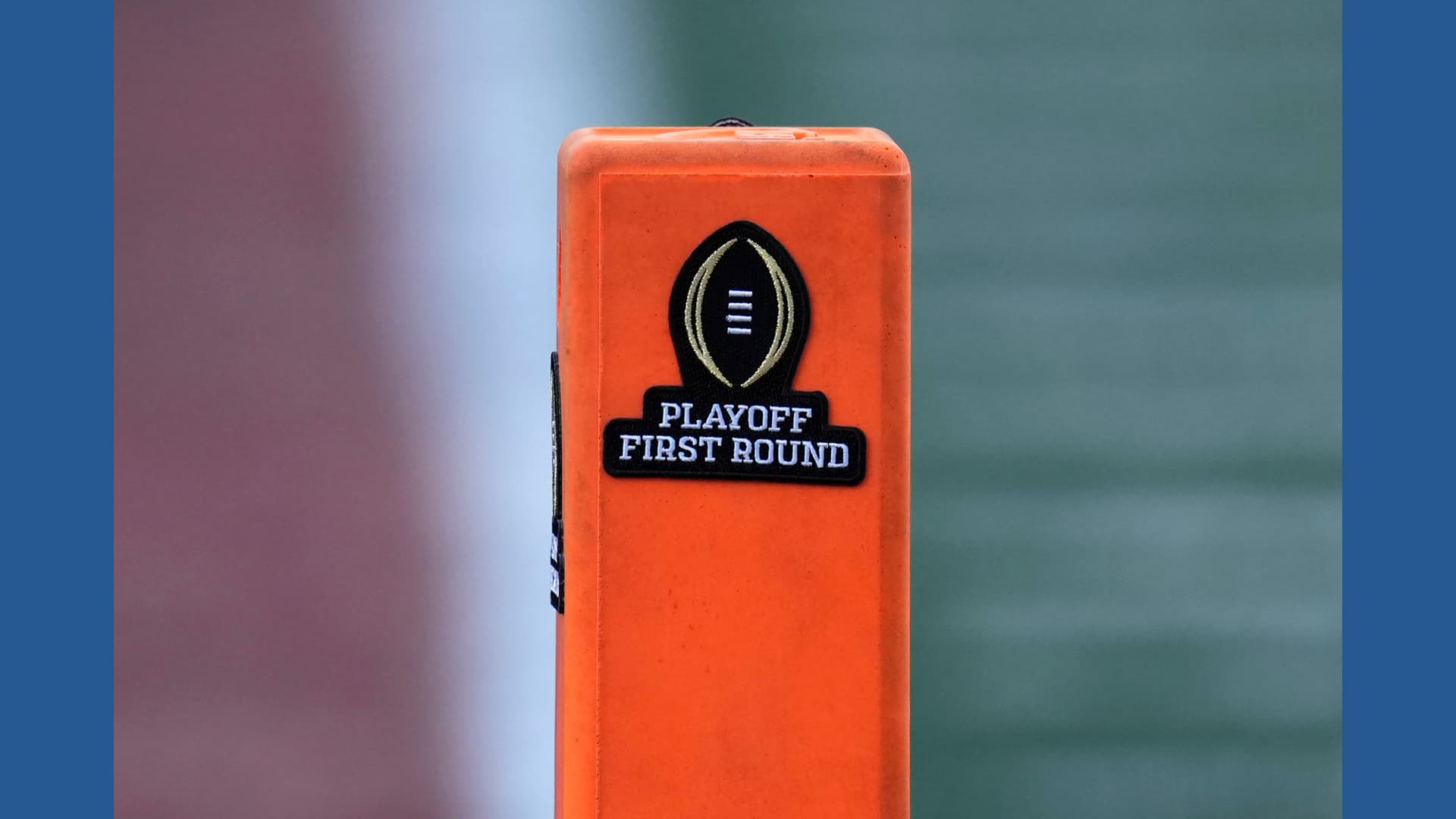Baylor Athletic Director Steps Away, Rhoades Leaves CFP Chairmanship
Mack Rhoades has relinquished his role as chairman of the College Football Playoff selection committee and taken a leave of absence from his duties as Baylor University athletic director. The move raises immediate questions about leadership at the heart of college football selection processes and about governance and accountability inside a major Power Five athletic department.
Listen to Article
Click play to generate audio

Mack Rhoades, who has served as Baylor University’s athletic director while also chairing the College Football Playoff selection committee, has stepped down from the chairmanship and placed his athletic director role on leave. The news removes a prominent figure from two of the sport’s most consequential decision making arenas and arrives at a moment when college athletics faces intensified scrutiny over governance, transparency and commercial stakes.
Rhoades’ departure from the CFP leadership creates an operational gap for the committee charged with evaluating and ranking teams that compete for the sport’s lucrative postseason. The committee’s decisions have outsized financial and reputational consequences for universities, conferences and broadcasters. Television contracts and sponsorship deals are structured around clarity and credibility in selection, and any perceived instability or questions about impartiality can ripple through media rights negotiations and the recruiting market.
At Baylor, the athletic department will need interim leadership to maintain program continuity across a wide portfolio of sports, donor relations and ongoing compliance responsibilities. Athletic directors oversee millions of dollars in budgets, personnel decisions that affect coaches and student athletes, and relationships with alumni and civic partners. A leave of absence inevitably slows long range planning and could complicate recruiting cycles and internal morale, especially in a competitive landscape where momentum and messaging matter.
This development also speaks to broader industry trends. The sport is in the middle of transformational shifts including the expansion of the College Football Playoff, growing influence of name image and likeness compensation, and ongoing conference realignment that has reshaped competitive and commercial alignments. Those shifts increase the need for transparent governance and robust succession planning. Selection committees and athletic departments are being judged not only on outcomes but on processes and diversity of perspectives. Institutional trust is now a currency almost as important as ratings or gate receipts.
Culturally, the moment underscores public expectations that leaders in college sports be accountable and accessible. Fans, donors and civic stakeholders want clear explanations of decision making. The absence of a visible committee chair and a temporary gap in athletic department leadership magnifies calls for transparent procedures and independent oversight. For student athletes, the principal concern will be stability in support services and continuity in coaching and academic coordination.
There are also social and political implications. College athletics occupies a unique space where higher education, big business and regional identity intersect. Shifts at the top of athletic departments and selection bodies invite scrutiny from university trustees, conference offices and legislators who have grown interested in the broader societal role of intercollegiate athletics.
Until Baylor and the College Football Playoff issue further details, the immediate question is how both institutions will manage transition and preserve trust. What follows will test the resilience of governance structures that have to balance competitive fairness, commercial imperatives and the educational mission of universities. The stakes are high, and the resolution will speak to who holds power and responsibility in the modern era of college sports.
_0.png&w=1920&q=75)

